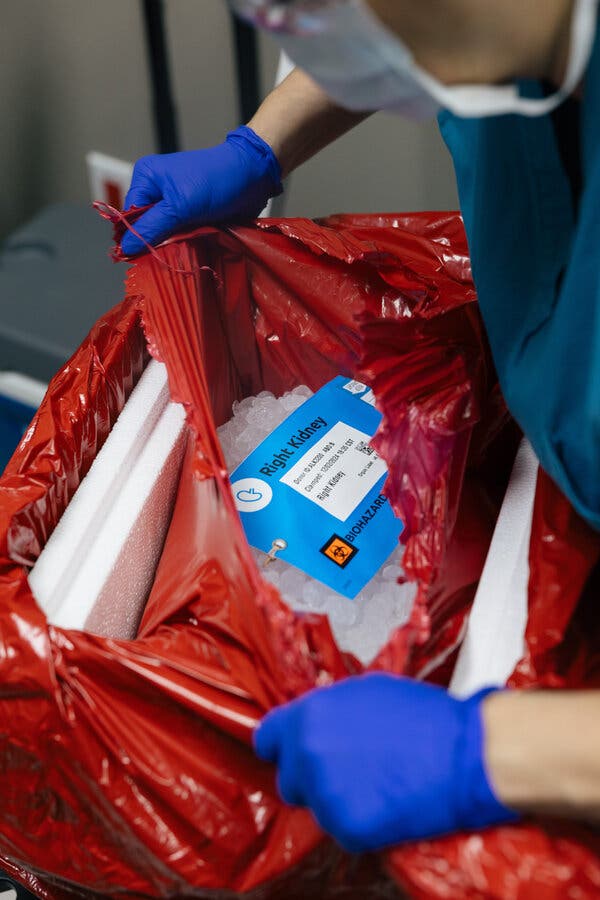Organ donation is a vital process that plays a significant role in saving lives, with over 173 million Americans currently registered as organ donors. Despite this high number, medical ethicists point out that there remains widespread confusion surrounding the procedures involved and the implications for patients and their families.
How to Become an Organ Donor
Any adult in the United States can register to become an organ donor. In most states, teenagers as young as 15 years old can also express their intent to donate; however, parents retain the authority to revoke this decision. A majority of donors register at their local Department of Motor Vehicles (D.M.V.), while others may do so during voter registration or via online forms. These online registrations are often linked to local Organ Procurement Organizations (O.P.O.s), which are non-profit federal contractors responsible for coordinating transplant efforts in each state.
Donate Life America, an advocacy organization, maintains a comprehensive list of registered donors and provides resources for individuals wishing to sign up or modify their registration status. While most states offer straightforward processes for registration, some residents have encountered difficulties when attempting to remove their names from the registry.
Legal Implications of Organ Donation
The legal binding of an individual’s organ donor status depends on the circumstances of their death. If a person is declared legally dead following tests that indicate no neurological activity—commonly referred to as being “brain-dead”—their donor status, as indicated on their driver’s license, is enforceable. In such cases, medical professionals will keep the patient on a ventilator until their organs can be retrieved, even if family members oppose the decision.
Understanding the organ donation process is crucial for potential donors and their families. It not only provides clarity on how to register but also emphasizes the importance of discussing these decisions with loved ones. As organ donation continues to be a critical aspect of medical care, fostering awareness can lead to more informed choices and ultimately save more lives.






































































